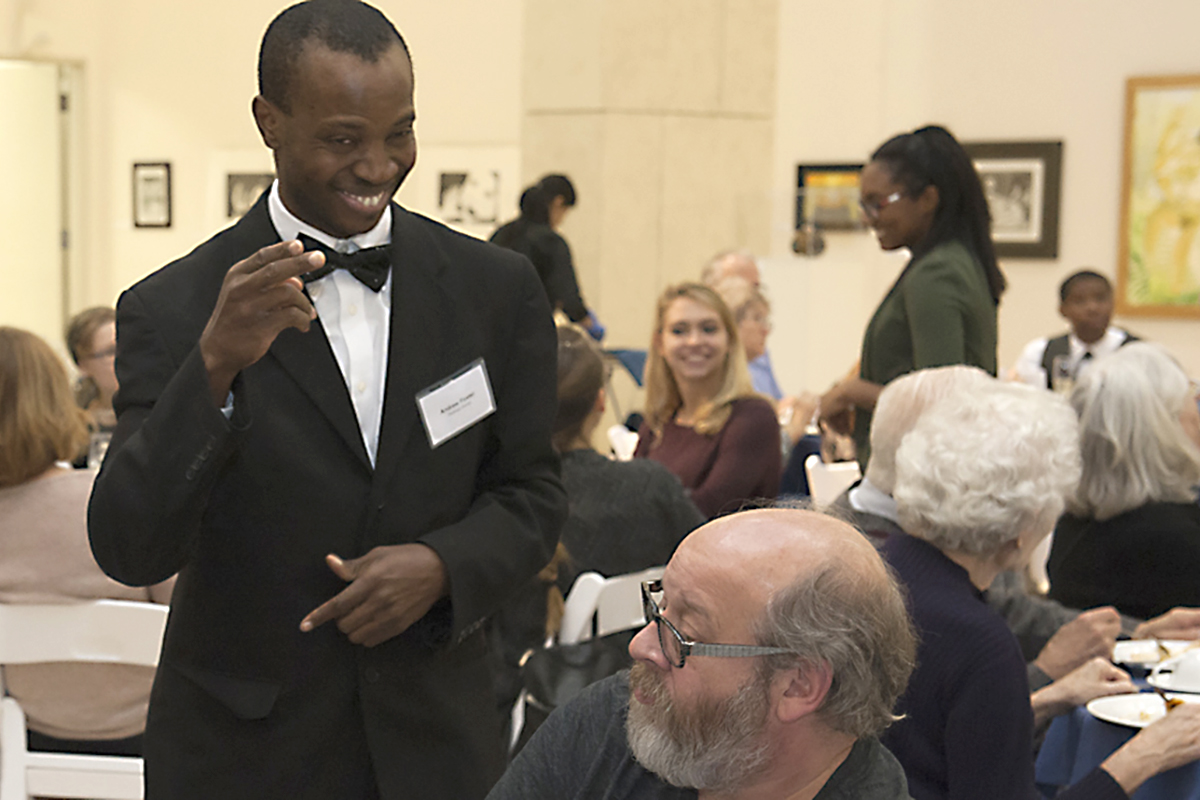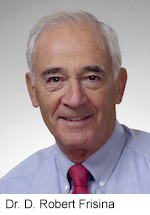RADSCC - Deaf Cultural Studies

RADSCC
Deaf Cultural Studies
RADSCC Hours:
Mon-Fri 9am-5pm
Location:
Classroom: WAL-1660
Office: WAL-1661
NTID History
 1967 - Dr. D. Robert Frisina becomes the first director of NTID and Dr. William E. Castle is hired as assistant to Dr. Frisina.
1967 - Dr. D. Robert Frisina becomes the first director of NTID and Dr. William E. Castle is hired as assistant to Dr. Frisina.
1968 - Robert F. Panara is hired as the first full-time faculty member for NTID, and a charter class of 70 deaf students arrives at RIT.
1969 - Vestibule programs are initiated to orient the deaf students to postsecondary experience.
1971 - Groundbreaking for NTID's first building takes place, and NTID graduates its first class of 54 students.
1974 - NTID buildings are dedicated, and the NTID alumni program is announced.
1978 - NTID celebrates its 10th Anniversary, and Project Outreach is initiated with the National Center on Employment of the Deaf.
1983 - NTID celebrates 15 years of existence.
1984 - The "Rubella Bulge" pushes NTID's enrollment to a then all-time high of 1319.
1988 - NTID celebrates 20 years, and the NTID Theatre is dedicated in honor of Robert F. Panara.
1990 - NTID accepts its first international students, and the Office of the NTID Alumni Relations is established.
1993 - NTID celebrates its 25th Anniversary with more than 1500 alumni attending.
 1996 - Dr. Robert R. Davila is installed as NTID's first deaf director and RIT's first deaf vice president.
1996 - Dr. Robert R. Davila is installed as NTID's first deaf director and RIT's first deaf vice president.
1998 - NTID celebrates its 30th Anniversary, and Dr. T. Alan Hurwitz becomes NTID's first deaf dean.
2004 - Dr. T. Alan Hurwitz becomes second deaf Vice President of RIT.
 2010 - Dr. James DeCaro becomes interim NTID President.
2010 - Dr. James DeCaro becomes interim NTID President.
2006 - CSD Student Development Center is established, and Delta Sigma Phi Chapter first establishes scholarship.
2007 - Frisina Quad is dedicated.
2009 - New record-breaking class reaches 1450 students.
 2011 - Dr. Gerard Buckley is first alumnus named President of NTID.
2011 - Dr. Gerard Buckley is first alumnus named President of NTID.
2013 - NTID's 45th Anniversary Reunion at RIT’s Brick City Homecoming Weekend
2014 - (September 12) Memorial held in honor of Robert Panara
Culture
- Memorial Art Gallery’s De’VIA Exhibit
- Calling Sign Language Users From a Voice Telephone
- Celebrating 200 years of ASL History
- DeafRead: Best of Deaf Blogs and Vlogs
- Deaf Studies Library Guide
- Deaf You Video
- Digital Public Library of America's resources on deafness and deaf culture
- The HeART of Deaf Culture: Literary and Artistic Expressions of Deafhood.
- Signing in Public Space Committee’s Sign It Forward
Deaf Studies Courses
The RIT Deaf Cultural Studies program employs a cultural studies framework in which to examine the Deaf experience and social/cultural constructs. As such, the program does not view deafness as a pathology or disability. In addition to studying Deaf culture, students develop critical consciousness of power-relationships and social justice, as well as an understanding of individual and social identity with specific reference to the Deaf experience. Focusing on the Deaf experience, students study how meaning is created and shared via the power of cultural institutions and values and how institutions and values impact the formation of identities, social roles, and expectations. For more information concerning courses and other related resources, visit the Deaf Studies website.




